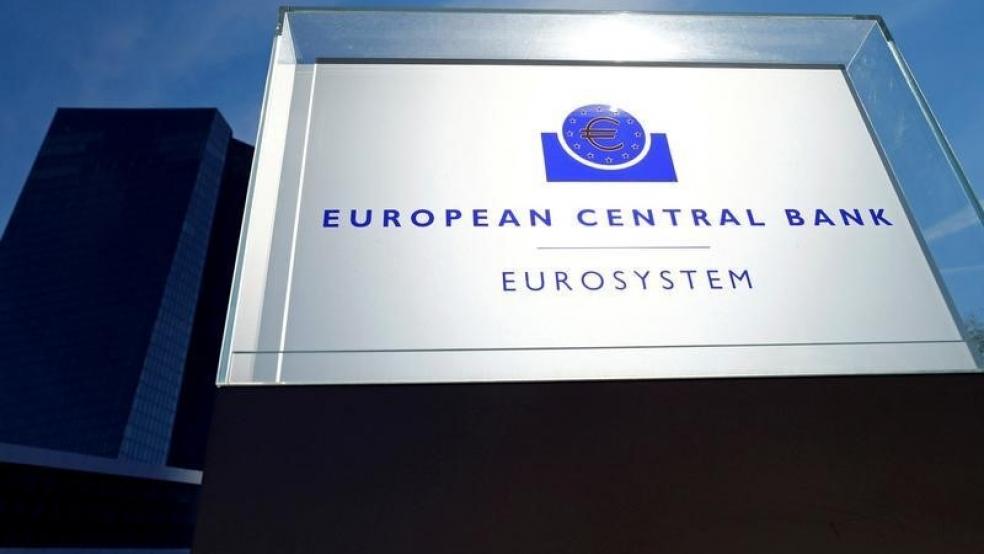The Austrian central bank governor said the ECB could hike its remuneration of bank deposits, currently below zero, before the main rates at which it lends to banks.
His comments raise questions about the ECB's own guidance, reiterated only a week ago, that rates will stay at the current level, or even fall, until well after the ECB's 2.3 trillion euros ($2.48 trillion) bond-purchase program ends.With inflation in the euro zone rebounding, the ECB has come under pressure, particularly from Germany, to end its policy of ultra-low rates and money printing. Some policymakers raised the possibility of a rate hike before bond purchases stop at last week's meeting, but did not receive broad support.Asked about whether the ECB would stop buying bonds or raise rates first if the economic upswing continues, Nowotny told German daily Handelsblatt: "We will decide when the time comes.""There is the American model to end the bond purchases first. Whether this model can be applied to Europe on a like-for-like basis would need to be discussed," he added.Nowotny said it was also not necessary to raise all interest rates at the same time and by the same amount."The structure of the interest rates does not always need to remain constant," Nowotny said. "The ECB could also raise the deposit rate earlier than the prime rate."Nowotny confirmed the ECB's guidance that bond purchases would continue until the end of the year, adding there was no "reason to act at the moment."The U.S. Federal Reserve ended its asset-purchases in October 2014 but waited over a year before raising rates. It has since hiked them three times, most recently on Wednesday, in light of steady economic growth.Nowotny said that was the "correct path of normalization" but added: "One must be aware that the US is in a different phase of the economic cycle to the euro zone.""In the US the inflation rate and the capacity utilization is much higher than in the euro zone. Europe is not there yet."($1 = 0.9292 euros) (Reporting by Edward Taylor and Balazs Koranyi; Writing by Michelle Martin and Francesco Canepa; editing by Richard Lough)ECB to decide later whether to raise rates or end QE first: Nowotny

RALPH ORLOWSKI



